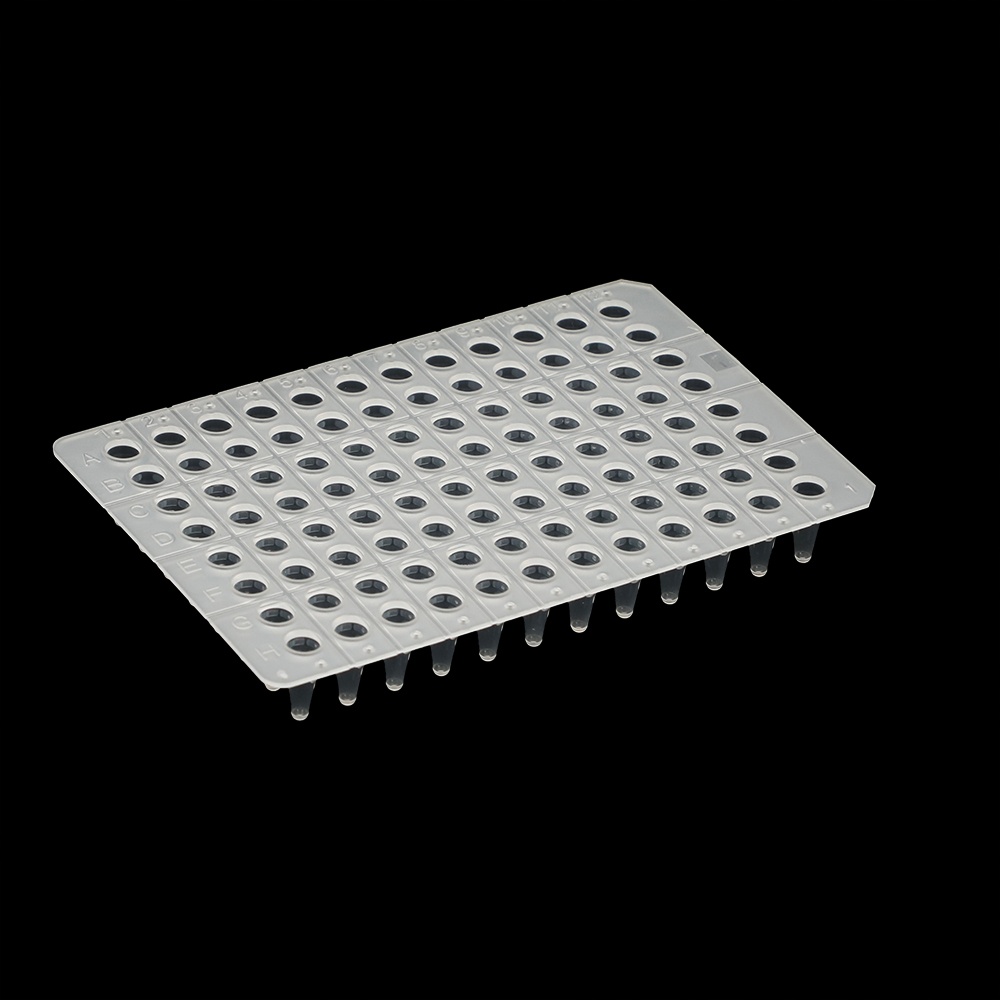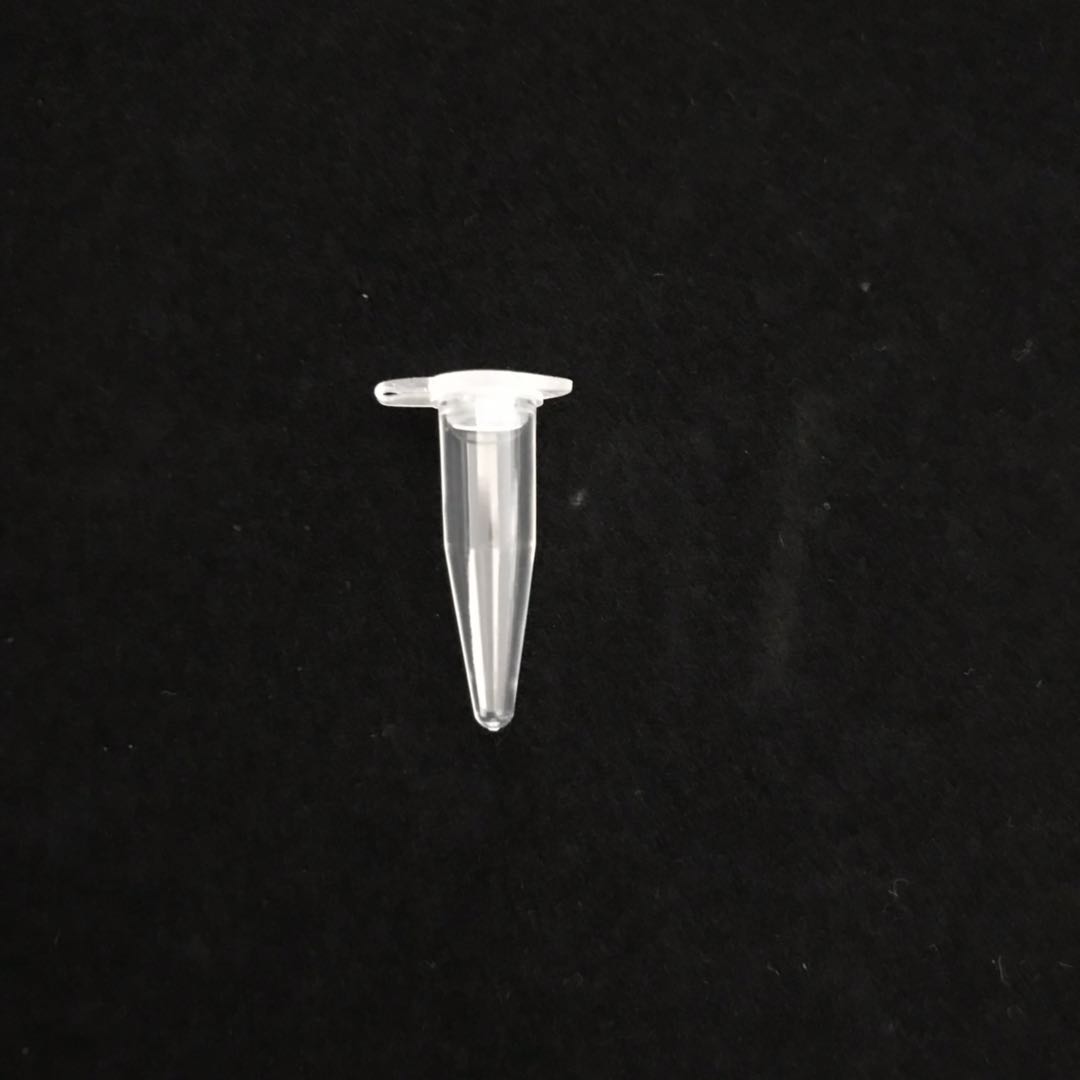Types of PCR Plates
PCR Plates come in various types, each designed to cater to specific experimental requirements. The most common types include standard PCR plates, low-profile PCR plates, and semi-skirted PCR plates. Standard PCR plates are the traditional choice, with a full skirt that provides stability and rigidity. Low-profile PCR plates, on the other hand, have a reduced height, making them compatible with automated systems and reducing the volume of reagents required. Semi-skirted PCR plates strike a balance between the two, offering stability while allowing for easy sample retrieval. Choosing the right type of PCR plate is crucial for the success of your experiments.
Features of PCR Plates
PCR Plates are designed with specific features to ensure optimal performance during PCR experiments. One of the key features is the presence of alpha-numeric grid reference, which aids in sample identification and tracking. Additionally, PCR Plates have thin-walled wells to facilitate efficient heat transfer, ensuring accurate and consistent amplification of DNA. Some PCR Plates also come with raised rims to prevent cross-contamination and evaporation. It is essential to consider these features while selecting PCR Plates to meet your experimental needs.
Applications of PCR Plates
PCR Plates find applications in a wide range of molecular biology experiments. They are primarily used for PCR, a technique that amplifies specific DNA sequences. PCR Plates enable the simultaneous amplification of multiple DNA samples, making them invaluable in research areas such as genotyping, gene expression analysis, and DNA sequencing. Moreover, PCR Plates are also utilized in other techniques like reverse transcription PCR (RT-PCR) and quantitative PCR (qPCR). The versatility of PCR Plates makes them an indispensable tool in molecular biology research.
Choosing the Right PCR Plate
Selecting the appropriate PCR Plate is crucial to ensure accurate and reproducible results. Several factors need to be considered while making this decision. Firstly, the compatibility of the PCR Plate with the thermal cycler being used is essential. Different thermal cyclers have specific requirements for PCR Plate types and formats. Secondly, the number of wells required should be determined based on the experimental setup. PCR Plates are available in various well configurations, ranging from 96-well to 384-well plates. Lastly, the presence of additional features like optically clear wells or barcoding options may be necessary for certain applications. Careful consideration of these factors will aid in selecting the right PCR Plate for your experiments.
Maintaining PCR Plates
Proper maintenance of PCR Plates is crucial to ensure their longevity and reliability. After each use, PCR Plates should be thoroughly cleaned to remove any residual DNA or contaminants. It is recommended to use enzymatic cleaners or detergents specifically designed for PCR Plates. Additionally, avoiding the use of abrasive materials or harsh chemicals is essential to prevent damage to the plate surface. Regular inspection for any signs of wear or damage is also recommended, as compromised PCR Plates can lead to inaccurate results. By following these maintenance practices, you can extend the lifespan of your PCR Plates and ensure the integrity of your experiments.
Conclusion
PCR Plates are an indispensable tool in molecular biology laboratories, facilitating various DNA amplification techniques. This comprehensive guide has provided insights into the types, features, applications, and maintenance of PCR Plates. By understanding the significance of PCR Plates and considering the factors discussed, researchers can make informed decisions while selecting and utilizing PCR Plates in their experiments. Remember, the choice of PCR Plate can significantly impact the accuracy and reproducibility of your results. So, invest time in selecting the right PCR Plate and maintain it properly to achieve reliable and successful outcomes in your molecular biology research.
Related Products


